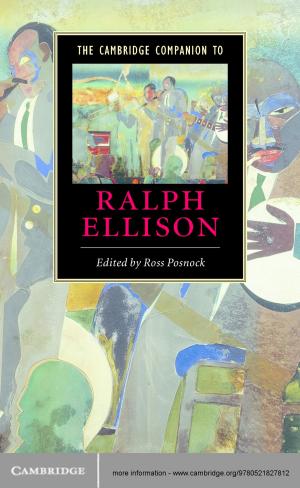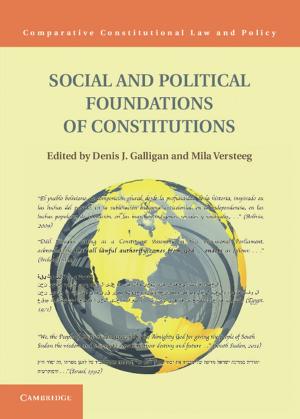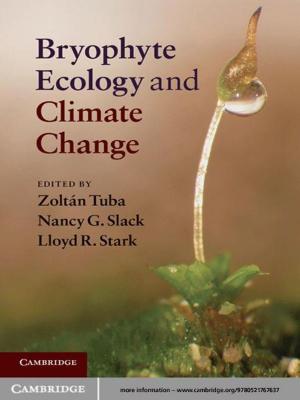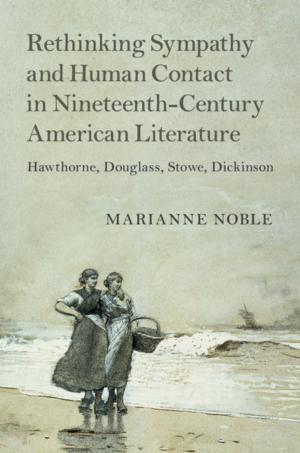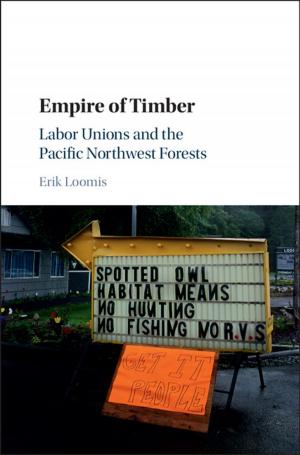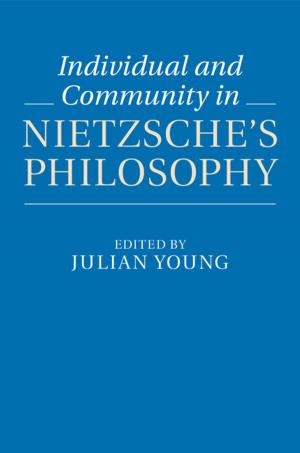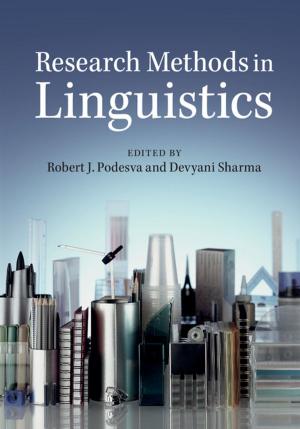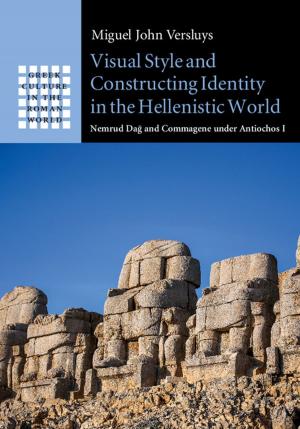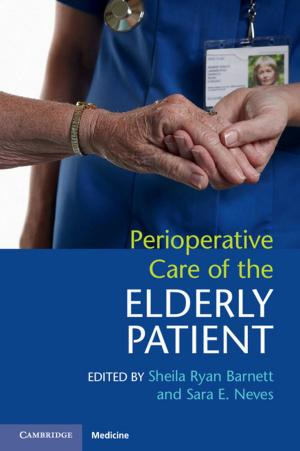| Author: | Christopher Moore | ISBN: | 9781316408971 |
| Publisher: | Cambridge University Press | Publication: | October 9, 2015 |
| Imprint: | Cambridge University Press | Language: | English |
| Author: | Christopher Moore |
| ISBN: | 9781316408971 |
| Publisher: | Cambridge University Press |
| Publication: | October 9, 2015 |
| Imprint: | Cambridge University Press |
| Language: | English |
In this book, the first systematic study of Socrates' reflections on self-knowledge, Christopher Moore examines the ancient precept 'Know yourself' and, drawing on Plato, Aristophanes, Xenophon, and others, reconstructs and reassesses the arguments about self-examination, personal ideals, and moral maturity at the heart of the Socratic project. What has been thought to be a purely epistemological or metaphysical inquiry turns out to be deeply ethical, intellectual, and social. Knowing yourself is more than attending to your beliefs, discerning the structure of your soul, or recognizing your ignorance - it is constituting yourself as a self who can be guided by knowledge toward the good life. This is neither a wholly introspective nor a completely isolated pursuit: we know and constitute ourselves best through dialogue with friends and critics. This rich and original study will be of interest to researchers in the philosophy of Socrates, selfhood, and ancient thought.
In this book, the first systematic study of Socrates' reflections on self-knowledge, Christopher Moore examines the ancient precept 'Know yourself' and, drawing on Plato, Aristophanes, Xenophon, and others, reconstructs and reassesses the arguments about self-examination, personal ideals, and moral maturity at the heart of the Socratic project. What has been thought to be a purely epistemological or metaphysical inquiry turns out to be deeply ethical, intellectual, and social. Knowing yourself is more than attending to your beliefs, discerning the structure of your soul, or recognizing your ignorance - it is constituting yourself as a self who can be guided by knowledge toward the good life. This is neither a wholly introspective nor a completely isolated pursuit: we know and constitute ourselves best through dialogue with friends and critics. This rich and original study will be of interest to researchers in the philosophy of Socrates, selfhood, and ancient thought.

